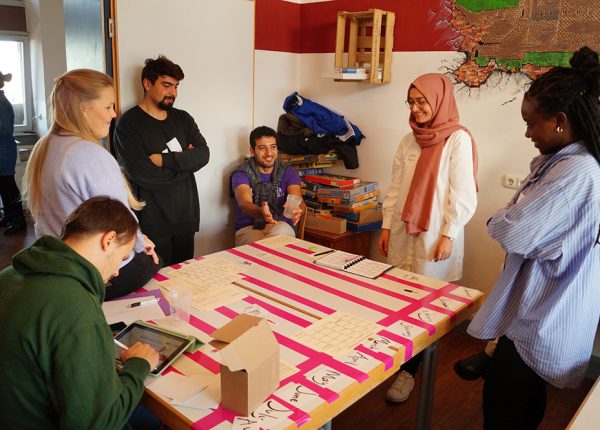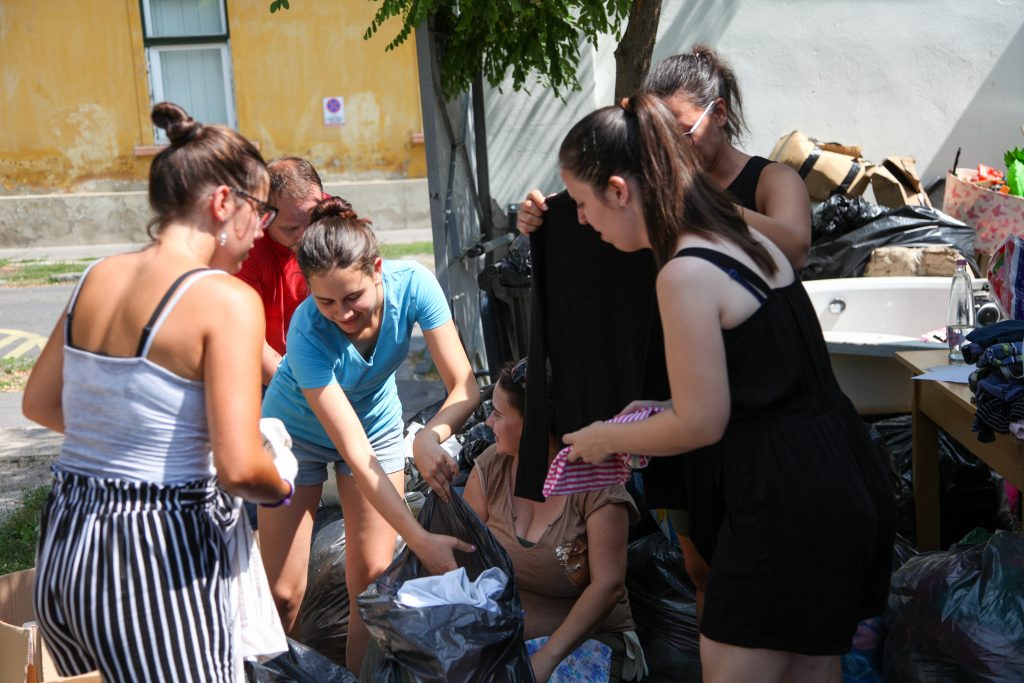Results and lessons learned about ecology and inclusion from Greenclusive project

After 2 years of training, meetings and concrete activities, the Greenclusive project comes to an end and it leaves behind a legacy of transformative experiences, valuable lessons learned, and a vision for a more sustainable and inclusive future. Join us as we delve into the main insights and lessons learned from the Greenclusive project, celebrating the impact it has made.
- Inclusion is integral to sustainability
Inclusion lies at the heart of sustainability, as protecting the planet requires the commitment and participation of everyone, regardless of background or circumstance. The project emphasized the importance of engaging diverse communities, including minorities and marginalized groups, in sustainability initiatives.
In Lithuania, the activities were developed with a multinational group, with Poles, Belarusians, Ukrainians, and other nationalities. Inclusion was sought by overcoming the language barrier. In Hungary, the project had a special focus on the Roma people, one of the minority populations in the country. In Italy, a summer campus was held in the most peripheral and marginalized district of the city creating a sense of belonging and accomplishment.
- Communitarian empowerment through active participation
Practical engagement, such as transforming school spaces into green areas or participating in community clean-up activities, empowers individuals to take ownership of sustainability efforts and inspires a sense of responsibility towards the environment.
Collaboration among stakeholders, including local communities, educators, policymakers, and project participants, is essential for achieving meaningful and lasting sustainability outcomes. The project emphasized the importance of fostering partnerships and collective action.
- Local actions can have global impact
The project exemplifies the importance of local initiatives in contributing to global sustainability efforts. During their visit to Brussels and European institutions, the participants learned how their local activities could effectively influence decisions at the European Union level, demonstrating the interconnectedness of local and global spheres.
- Sharing knowledge amplifies impact
During the training activities, participants have learned and experienced how sharing knowledge, experiences, and best practices with broader audiences amplifies the impact of sustainability initiatives, inspiring others to take action and fostering a culture of learning and collaboration.
A social media campaign was developed to engage young people with a wider audience and spread the message of sustainability and inclusion. Formation and information went hand in hand during the Media Training and equipped the youth and the partners with skills to share their actions and learnings in an international and entertaining way. Developing a social campaign requires dedication, constancy and collaboration – posts made with cross-posting tools have been the most successful and the results can still reach greater heights.
- Cultural and linguistic diversity as assets
Cultural and linguistic diversity is a great challenge and can create many barriers for engagement, but embracing it enriches community efforts and promotes mutual understanding and tolerance. Overcoming language barriers and fostering inclusive spaces enable diverse communities to collaborate towards common goals.

The Greenclusive project is a winning partnership of 7 organizations in 6 European countries, co-funded by the European Union.

Partners:




